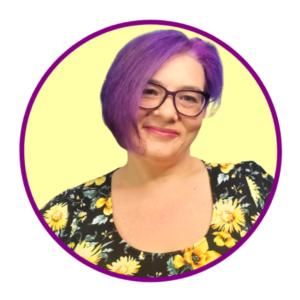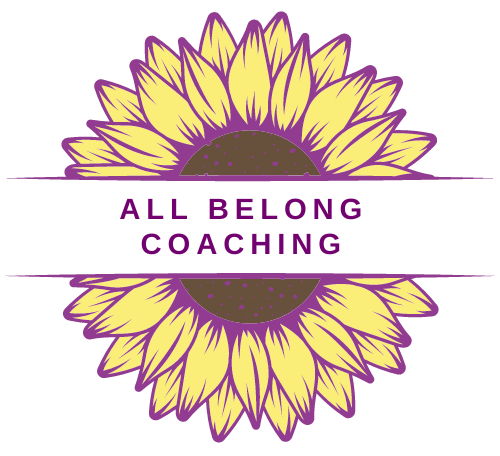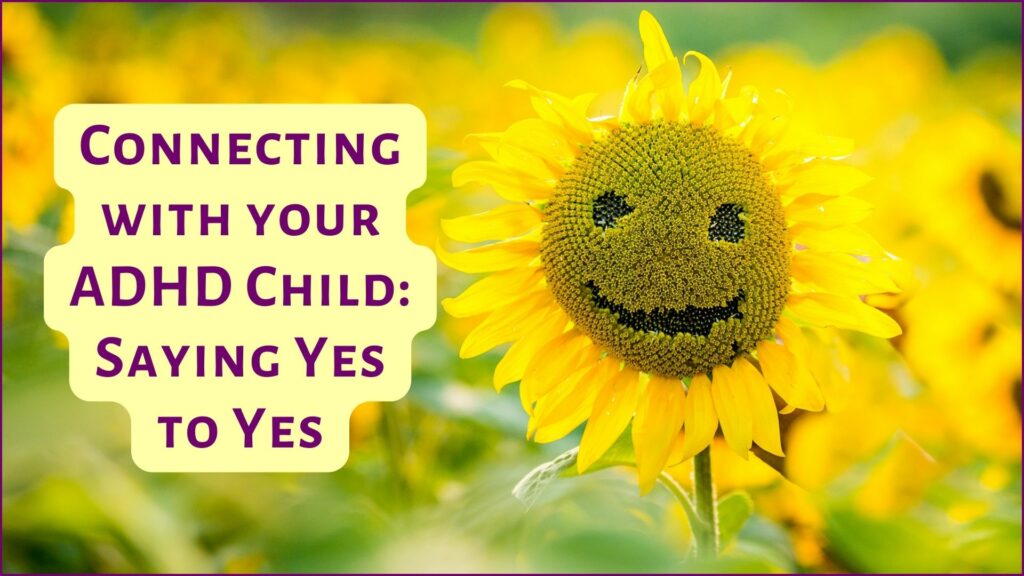ADHD Connected Parent – Saying Yes To Saying Yes
I met a new friend recently, and during the course of our first breakfast meeting, she mentioned that this was her year of saying yes. What an amazing idea. As I was reflecting on our conversation, I started thinking about how often I was told “no” as a child with ADHD, and how often I told my own children “no” while they were growing up.
We can use saying “yes” to become a more connected parent.

Our ADHD Kids Hear “No” Constantly
Our kids with ADHD grow up hearing negative input exponentially more often than their neurotypical peers. They are told sit still, calm down, stop asking questions, stop interrupting, and more.
They go to school and hear that they are too loud, too “lazy”, too emotional, not living up to their potential, or “doing it wrong.” Kids hear negative input from parents, siblings, other relatives, teachers, and other adult figures.
Sometimes children perceive going therapy as something being “wrong” with them. If they have ADHD and are either undiagnosed or don’t understand ADHD correctly, they may feel broken, and they often feel like “bad kids.”
Stop And Question Your “No”
There are many good reasons and appropriate situations when “no” is the only viable option. Issues of safety, for example. Things that are impossible – like going to Disneyland on a random Tuesday – no is the only real answer.
However, we often say “no” without stopping to think of why we are saying no. Or…what would happen if we said “yes” to our kid as well. It’s easy to say “no” – sometimes it feels like they never stop asking for something. But stopping to think about *why* you are saying no may turn some of those “no’s” into yes’s.
- Inconvenience – Many times we say no not because it would be unsafe for our child, or because it would cause a catastrophe, but because it would inconvenience us, the adult. It may be something we see as too messy or takes too much time, or requires us to do something we just don’t feel like doing. But if we say “yes” – we become more connected parents and our children’s self esteem grows.
- Habit – that’s not the way it’s done – How often do you tell your child “no” because “that’s not how it’s done” or “we do it this way”? Does it have to be done that way or is it just the way it’s always been done? Growing up you always did homework right after school…..your child asks to do it after dinner. We are likely to say “no” because of an imaginary rule that we forget to question. Question the imaginary rules.
- Disinterest – This is one we hate to admit as parents, but some times the things that interest our ADHD children bore us to tears. If your child is fascinated by bugs and you don’t really care about them, you will be less inclined to join your child in his interest. It’s human nature. Your child’s favorite movie may be one you hate, you are more likely to say “no” when they ask you to watch it the 87th time.


Become A More Connected Parent By Saying “Yes”
It may be inconvenient and messy to get out the painting supplies on a day when you had other plans. But – imagine how your child will feel hearing “yes” instead of no.
Turn No Into Yes– After you pause when your child asks you a question, consider your answer, and when possible, say “yes”. Sounds easy, but try it for a week or two, it’s not so easy. Remember to ask yourself why you are about to say “no”. If it is inconvenience or habit, consider if being a more connected parent outweighs that inconvenience. Give thought to whether a new way of doing something might work better for your family than the old way.
Turn No Into Yes, When – Sometimes inconvenience wins. Sometimes now just is not the right time to do whatever it is your child has asked. Instead of saying “no”, can you turn it into a “yes, when”? Instead of “No, you can’t play with play-doh right now” try “Yes, you can play with play-doh right after we finish dinner.” This is especially important for kids who have things like Oppositional Defiance Disorder or Pervasive Defiance Disorder.
Letting Your Child Lead – When you know you have time, let your child take the lead in what you do. Let them pick an activity. Or if you want to watch a movie, let them pick the movie. Let your child select what you have for dinner. If they show an interest in cooking, offer to cook with them. If they have an interest in dinosaurs, go to the museum with them. Follow their interests, don’t try to get them interested in yours.
Be Intersted In Their Interest – If your kid loves bugs – you don’t have to develop a sudden interest in bugs. Be interested in their interest. Ask them what they love about bugs, or about a particular bug, be curious about their interest. Ask them about how they learned the things they’ve learned. Ask them to imagine different scenarios involving the bugs. Be interested in your kid and their interest, not necessarily what they are interested in.

Be Gentle With Yourself
None of us are perfect every time. We get impatient. We might yell some times. We may say no out of sheer exhaustion. That’s okay. None of us can say “yes” every time – nor should we. Kids do need to learn the answer can’t always be “yes” – however, in all likelihood we could say “yes” more often. It’s about balance, and about becoming a more connected parent to our ADHD child. The more connected we are, the stronger our kids grow up emotionally.
If you are feeling frustrated, burned out, or uncertain how to say “yes” – or how to connect with your kid who wants nothing to do with you some days, you aren’t alone. I see you. I’d love a chance to talk. If you are interested, schedule your free discovery call today and let’s chat.

 Don’t Delay Joy
Don’t Delay Joy
Kat Sweeney, MCLC


